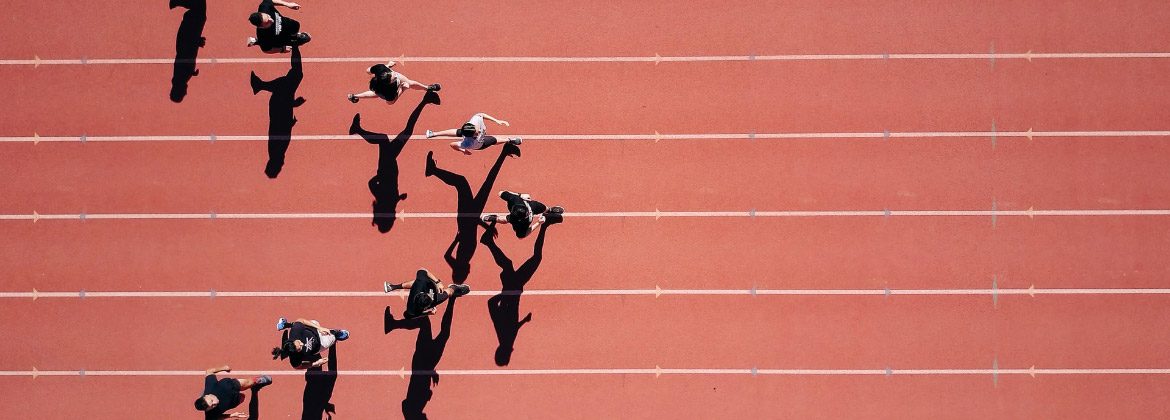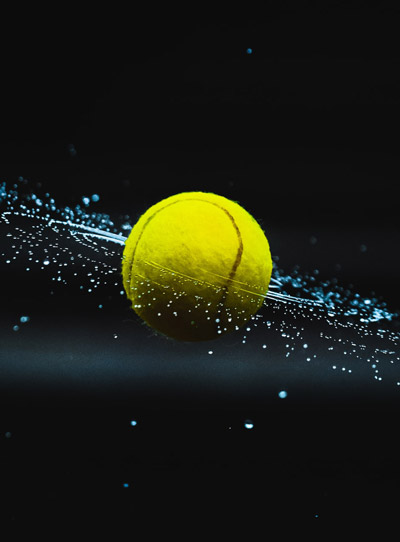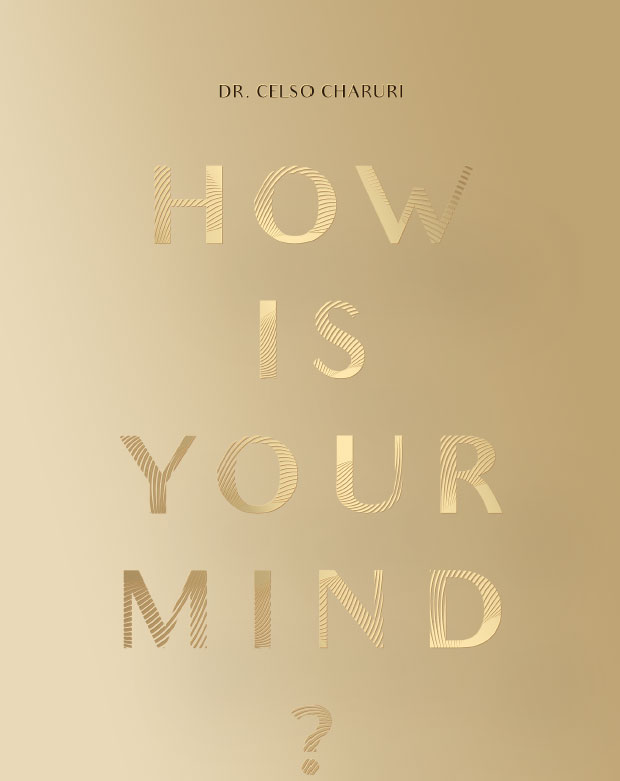Sport. What is it, after all?
Sport. What is it, after all?


There is brilliance during great sports events, there is light. The brilliance of the athletes who stand out is magnified. They are featured on the podium to be seen and admired. They are examples to be followed.
And why is this so important to the point that nations employ resources and efforts with sports?
People feel fulfilled when they reach a goal. The more difficult it is, the more jubilant we feel when reaching it.
When people who set great goals reach them, they become brilliant, as if illuminated by a golden light that causes others to admire it. They keep other people’s hope alive and thus a virtuous chain is formed in which the achievement of each becomes a point that others can imitate.
People’s most brilliant qualities usually reside somewhere hidden within and are only manifested under special conditions. These conditions often only appear under very stressful situations such as wars, conflicts, disasters, calamities.

That’s when the sleeping heroes that lie within wake up and take charge of the situation with prodigious actions. Once the situation is over, it seems that the inner hero goes back to sleep, giving space to the regular being who is going to act in a regular manner, building a regular world for other regular beings, and what remains is only the memory of the possibility of being much better, making a much better world for oneself and for others.
Maybe, knowing this, the ancients created situations that would reunite the elements that favor the process of bringing out virtues, the qualities that make men brilliant, in the expectation that they would be imitated by others, which would lead to the constitution of better societies.
Sports competitions simulated conflict situations, and they still do. Athletes used their ability to face situations imposed by the rules, and those who were able to bring out the virtues of the sleeping hero were the ones that had a differential.
That’s where the term sports comes from: from the Latin deportare, to deport, to bring out. A process to bring out qualities that, although existing, do not manifest spontaneously. Sports create scenarios that represent situations that could happen in life.
Sports games develop reasoning and logical thought and, in a way, help to prepare people for life’s adversities. Nowadays there are games that implement training environments such as flight simulators, city planning, military strategy. This is an aspect present in every type of sport: the development of qualities, be they physical, mental and/or emotional abilities. It is an opportunity to learn how to deal with success, loss, integration with others and discipline, among other skills. Sports can not only help prepare people for life, but also help forge the values of a society.

Sports events play the part of stimulating the competitors to overcome their limitations and to bring from within the qualities of the archetypical hero idealized by each one, thus building the idols that will be used to establish patterns of virtue for society.
And so athletes, as they overcome their own limits, become brilliant, fill stadiums with light, and this light creates universes. Universes of possibilities.









